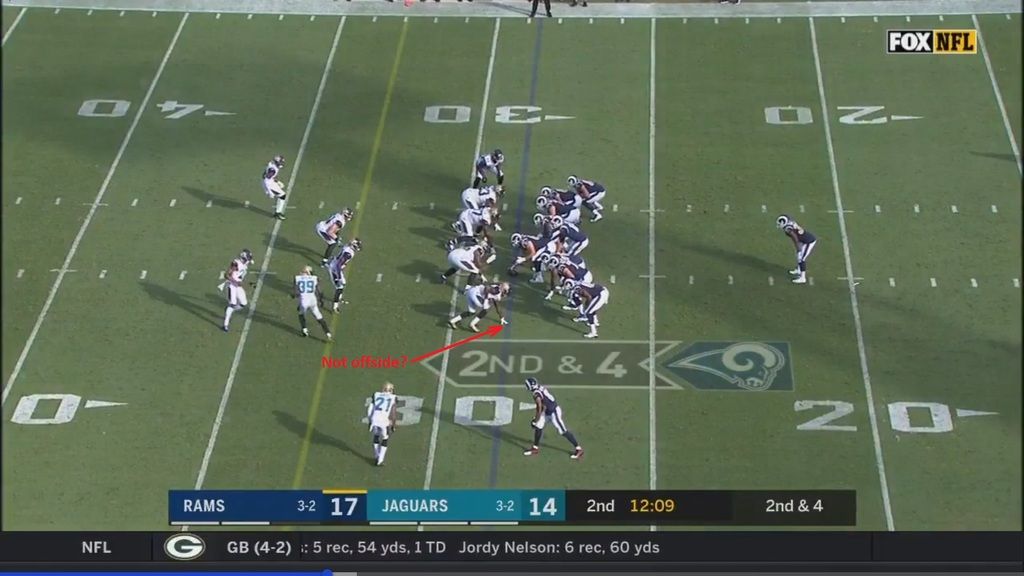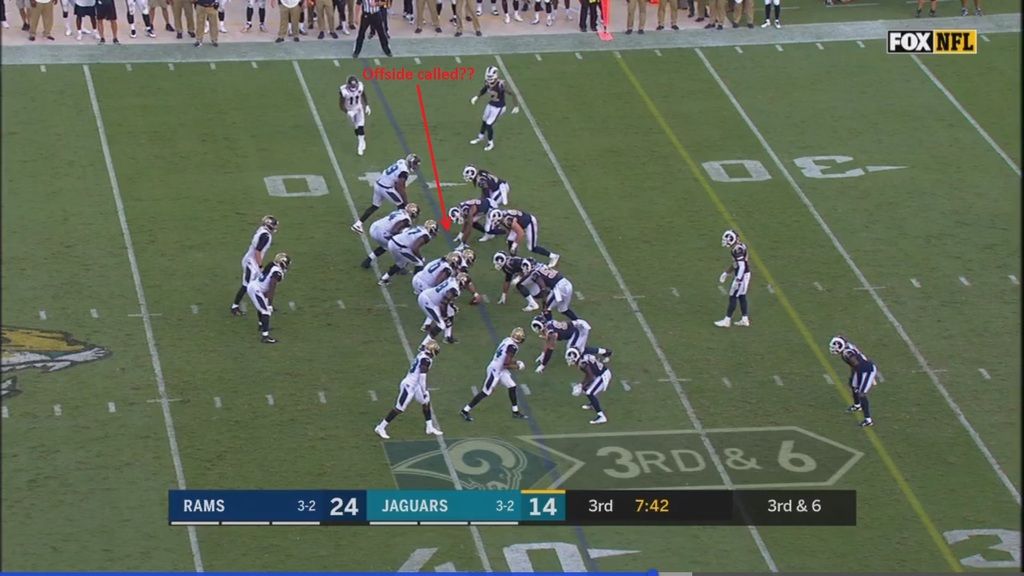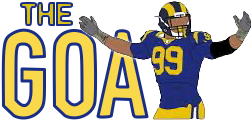The issue may seem like bias...and it may be in part.
The LARGER issue is that there isn't near the uniformity in HOW the game is called. Each crew calls the game a little differently.
The disparity isn't as great as it is in baseball where the strike zone is so damned individual to an Umpire that teams plan around the crew.
Still, the ultimate REASON for officials to be full-time is so that they can spend the off-season running clinics and reviewing film from the season AT THE SAME location so that the entire officiating corps is taught to make the SAME CALL THE SAME WAY.
Moreover, when it comes to "points of emphasis", every crew from day one will be very clear as to not only what the point of emphasis is, clearly articulated, but also agree what constitutes a foul and what doesn't in the context of a play.
That would make comparing games and teams much more real. I mean, if one call can swing a game, then how much is a game swung if a crew one week "lets them play" in the secondary versus a crew that will make calls in the secondary.
That's huge and rarely is it factored in because the routine thinking is that a team just has to overcome the refs. Okay, I suppose, but if a crew calls holding calls for the OL really close, a more run-oriented team might have a bit of an advantage over a pass-oriented team.
There are five things that truly affect the outcome of games:
1) Health. More than anything else, as the season wears down, often weaker, healthier teams will pull out wins that weren't possible if both teams were at full strength.
2) Scheme. As we've seen, even with lots of similar players, scheme can make all the difference.
3) Execution. Scheme doesn't mean anything without executing by each player.
4) Consecutive road games. Historically, teams win less than 20% of the 2nd or 3rd consecutive road games. Road wins are hard. Consecutive road games are extraordinarily hard, no matter which team is playing.
5) Refereeing. How the game is called is huge. We've seen juggernauts made pedestrian because the calls essentially attack the strength of a team. Hard-hitting defenses being called for personal fouls is but one example of the game not solely being a contest between two units, but also a measure of which team better adapts to how that individual game is called.
If we had true uniformity in how the game is called, THAT would give us a much greater ability to determine the best teams.
I dunno why the league doesn't see this as priority one.




